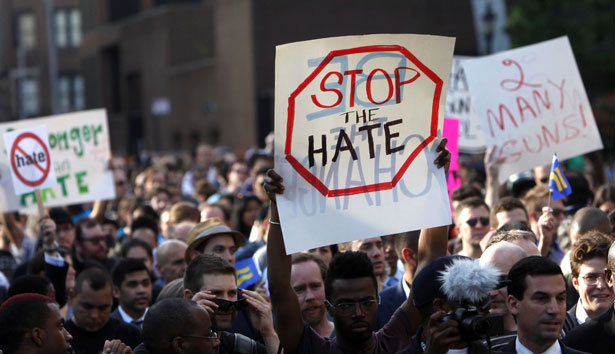
Mander, speaking at an event held by the Majlis Legal Centre to felicitate him in Mumbai, said volunteers will continue the journey and visit families, affected by such attacks, in at least one state each month
Mumbai: DAYS AFTER completing Karwan-e-Mohabbat — a 28-day journey to express solidarity with victims of “hate attacks” in the country — human rights activist Harsh Mander on Saturday said that the movement will continue into a second phase. Mander, speaking at an event held by the Majlis Legal Centre to felicitate him in Mumbai, said volunteers will continue the journey and visit families, affected by such attacks, in at least one state each month. “We will have volunteers verifying every hate attack to create a national database as well as chronicling them. The process of supporting the families will also continue,” Mander said.
The former IAS officer had undertaken the journey from September 4 to October 2, meeting families of victims of lynching across the country. “When I initially thought about it, I wanted it to be a private journey to meet the families of victims. I was told that there was a need to make it public, on behalf of all of us. There is a rising tide of hatred around us and a new kind of leadership. What does this leadership represent? It reflects, amplifies and legitimises prejudice. But I realise more that the battle is not simply with this (leadership), but with ourselves,” Mander added.
While the founder of Majlis, Flavia Agnes, called the karwan a “public statement”, Mander said he had undertaken the journey for many reasons. “Firstly, there was a need to say to those people, who were living with fear, that they are not isolated. Secondly, it was the silence of the majority. I feel the silence is either out of fear, indifference that it will not happen to them, or because many feel the same sense of hatred in their hearts. After the karwan, I feel that fear is only an alibi to remain silent,” Mander said.
He narrated details of the journey in various states, including being threatened with stones at one place, to being showered with flowers in Ajmer, Rajasthan. Mander said the brutality of the lynchings left the families shocked at how someone could have so much hate. “We also realised that there was videographing of lynching in many instances, like it were a public spectacle,” Mander said. “We have to fight against this lack of solidarity, not just out there but with us, in our conversations in the drawing rooms, with our friends and the prejudices we carry.”

Leave a Reply